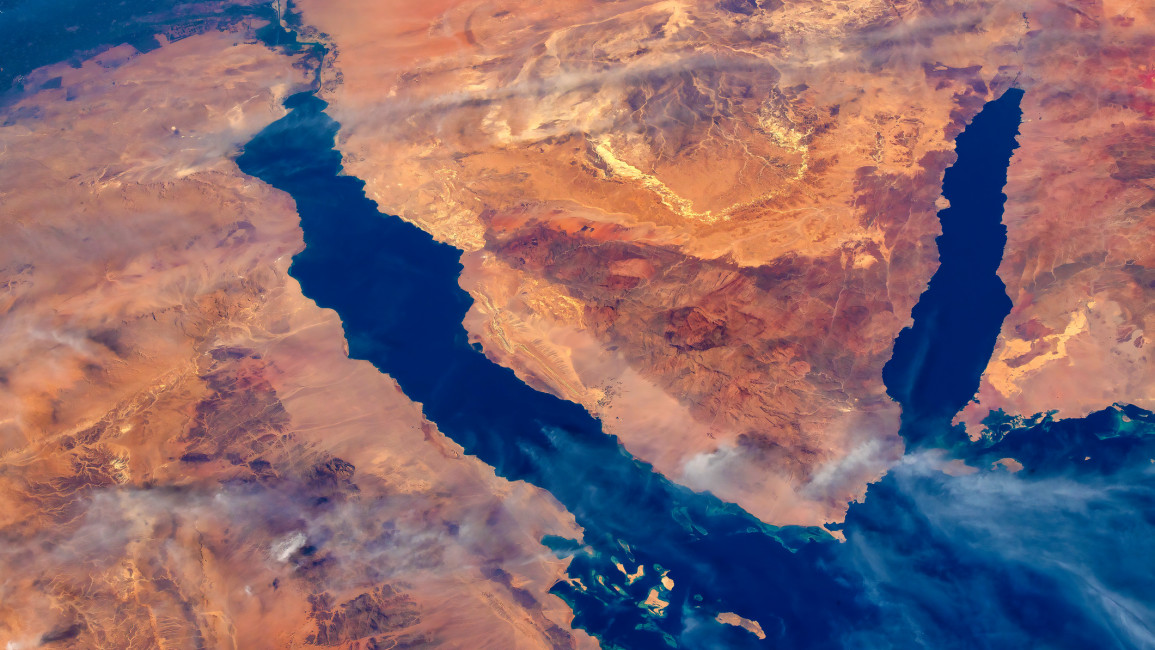Jordan to start looking for 'rare earths' near the Red Sea
Jordanian authorities unveiled plans on Wednesday to look for lithium and several other types of rare minerals in the south of the country, local media reported.
The ministry plans to carry out preliminary assessments and geological surveys within the next two years, in an area of 2,400 square kilometers in the region of Dubaidib near the coastal city of Aqaba.
Energy Minister Saleh Al-Kharabsheh said the exploration will target 17 rare-earth elements and lithium, which the ministry believes are found "in good quantities" in the area.
The Ministry of Energy and Mineral Resources signed an agreement with the Jordanian Armed Forces (JAF), which has shares in several companies in the mining sector, to carry out the exploration.
The JAF is also a major shareholder in the Jordan Integrated for Mining and Exploration Company (JIMC) - a company that attracted nationwide attention this summer when the government announced its intention to carve out one third of the Dana reserve, one of the country's largest protected areas, to enable the JIMC to look for copper.
The announcement prompted an outcry from local environmentalists, who said that mining could put the country's largest nature reserve at risk.
The Dana biosphere reserve, located in the country's arid south, is a rich source of biodiversity in the region and hosts several endangered species.
In September 2021, Jordan hosted Arab Mining, an important regional mining forum. The country has since decided to continue looking for copper in Dana and is now looking for other types of metal.
Rare earth metals are a group of seventeen chemical elements that are found in relatively small quantities in nature but are commonly used in many electronic devices such as computer memory, rechargeable batteries, cell phones and much more.
Their use has grown tremendously over the past two decades along with increased access to phones and computers, and access to rare earth resources is now considered a strategic issue.



